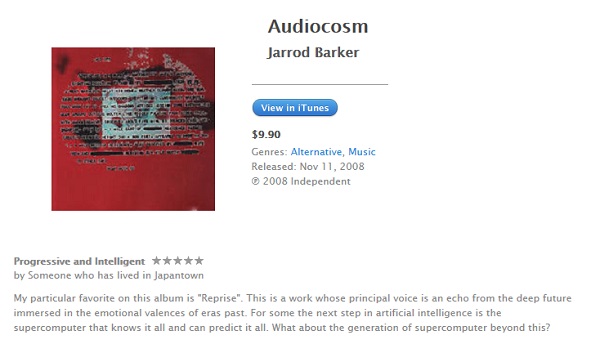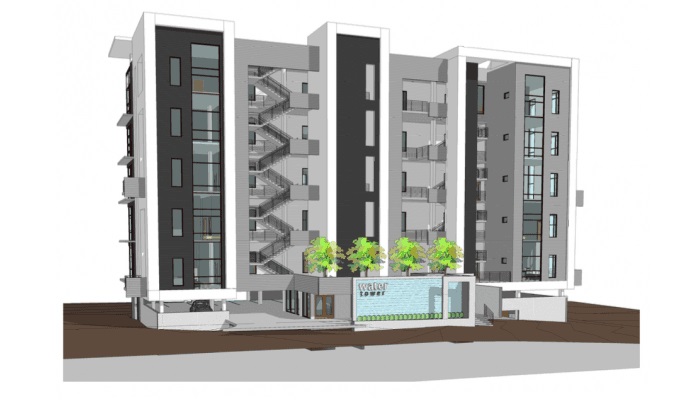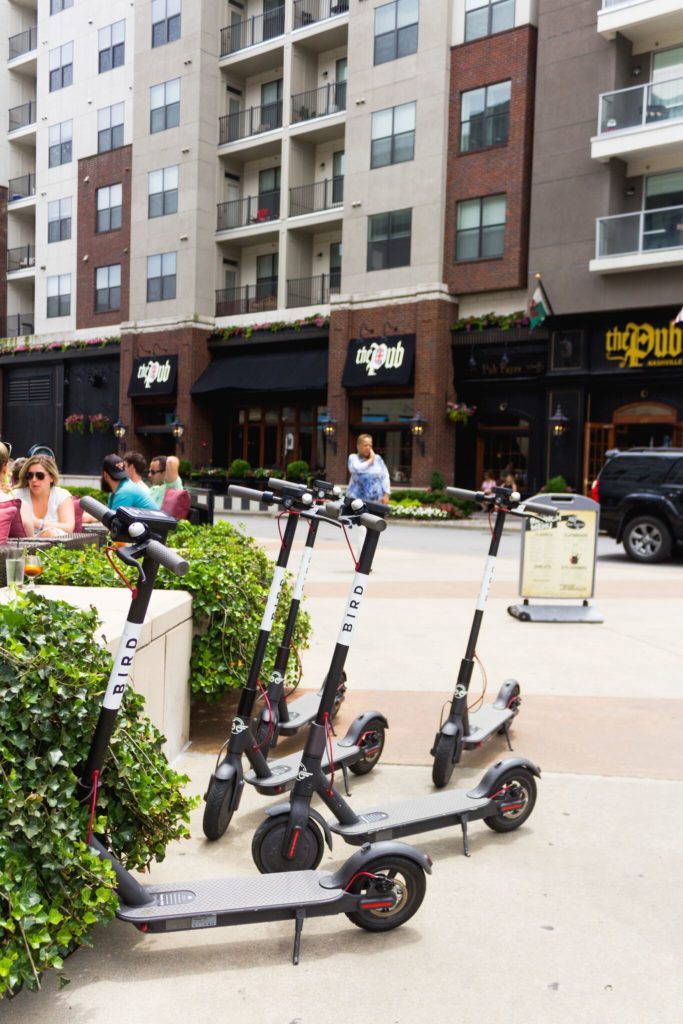Social media is a big part of every young athletes’ lives. However, we are still figuring out how it fully affects their mental health and well being. This study examined 591 athletes aged 12 to 19 from 42 different sports. Here is what we found:
- Spending too much time on social media can simply make athletes feel bad and give them unhealthy thoughts about food.
- They feel this way because they compare themselves to others. They also have trouble sleeping due to too much screen time.
- Being accomplished at sports made athletes compare themselves. However, it did not change how they slept, felt, or ate.
- Athletes who play professionally or compete at a high level often felt the effects of too much social media on their sleep. This was truer for them than for those who only played sports for fun.

So, it is vital to consider how social media can harm the mental health of young and developing athletes. In the future, we can help them by focusing on the pressure of comparison and ensuring they get enough sleep. This way, they can perform their best in sports and remain healthy in mind, body and spirit. For those interested in exploring more about maintaining a balance between digital engagement and health, resources like this one from our friends at Hellspin casino review might offer extra insights into managing digital consumption.
Definition of Mental Health
You can feel happy and fulfilled in some parts of your life while also dealing with mental health issues. This idea tells us that taking care of our mental health is not about fixing or avoiding problems. It is also about improving our lives and the places that are so good inside. This means we should look at everything. We should look at where we live, the people around us, and how we care for ourselves. This will help everyone feel their best. So, it is not about getting rid of the bad stuff but also adding more good things to our lives. This way, we care for our mental health thoroughly and helpfully.
Social Media Stress & Recovery in Young Athletes
Young athletes have a lot on their plate. They have the usual stuff like school, friends, dating and hobbies outside of their sport. They also have to put lots of time and energy into their athletic development. At a minimum, this means training, competing, and taking off enough time to recover. Plus, they feel a high level of pressure to do well in their sport. This means they are dealing with stress from two significant areas of their life at the same time. They need to find ways to relax and recover. Getting the balance right is critical. They must work hard but rest. It keeps their mind and body healthy.

Media Influence Dynamics: The Differential Susceptibility Model
Few studies have examined how using social media and other digital media affects the mental health of young athletes. One study found that online spending might be linked to unhealthy eating habits. Since young athletes are both kids/teens/young adults and sports players, we looked at research on both groups to learn more. We have found a significant need to understand more about how being online a lot can affect young athletes. It can affect their minds and bodies. By combining what we know about kids and athletes, we find new ways to help them use digital media more healthily.
Decoding Media Usage: Methods and Measures
When measuring digital and social media usage, several dimensions might matter. This is according to Keles et al. (2020). A standard measurement is time spent using digital media (Verbeij et al., 2021). This is an economic measure. It has been shown to match media usage in diary studies (Valkenburg & Peter, 2013). However, recent studies have criticized self-reported digital media time. They say it is not accurate (Parry et al., 2021). Verbeij et al. (2021) report that in adolescents self-reported
Design and Procedure
Before the survey, we made sure everyone knew what the study was about. They knew joining was their choice, and their answers would be kept private. If the athletes were under 18, they and their parents had to sign a permission slip. Once we had their OK, we gave them a unique link to the survey that they could fill out when they had time. We wanted to hear from athletes in many sports and at all levels. This includes beginners and pros. We wanted to look at how digital media affects their mental health. We told them how important their thoughts were for our study and encouraged lots of them to take part. After they finished the survey, we gave them a chance to win something cool as a thank-you for helping us out.

Results
We found a medium link. It connects how well athletes sleep to how much they compare themselves to others. It also connects to their mood and lousy eating habits. We needed to show how these things are connected to make our study’s findings reliable, so we included steps in our research. They compare themselves to others regarding sleep quality and feeling down when eating.
Discussion
This study aimed to explore how adolescent athletes’ digital media usage is related to their mental health, focusing on outcomes verified by the author in previous research. Athletes can struggle with eating disorders and stress. This has led us to look into their body image and eating habits. We also discussed how comparing ourselves to others and lacking good sleep might play a role. Our study checked out how spending much time online and seeing perfect images can make young athletes think negatively about themselves and how tough they are mentally. We also explored how too much screen time before bed can disrupt their sleep. Sleep is crucial for feeling good.
Conclusion
Our study was one of the first to look into how using social media affects the mental health of young athletes. We talked to 591 athletes from all over Germany. They play 42 different sports, so we got a good look at what is happening with young sports stars in the country. We discovered something interesting: Being hooked on digital media is detrimental. It can impact how these young athletes feel. They spend much time on social media. For the Silo, Rina Wagner.







